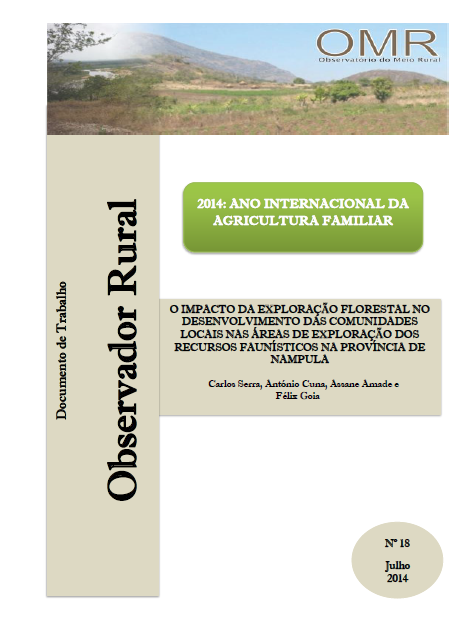PRONEA- Progeama Nacional de Educação Ambiental
A Educação Ambiental surge como política pública no
Brasil com o estabelecimento da Política Nacional
de Meio Ambiente – PNMA (Lei nº 6.938, de 1981),
no contexto da Conferência Intergovernamental de Educação Ambiental de Tbilisi (1977), que destacou o processo educativo como dinâmico, integrativo, permanente e transformador, justamente porque possibilita a aquisição de conhecimentos e habilidades de forma participativa. Desde então, outros marcos legais foram estabelecidos.




